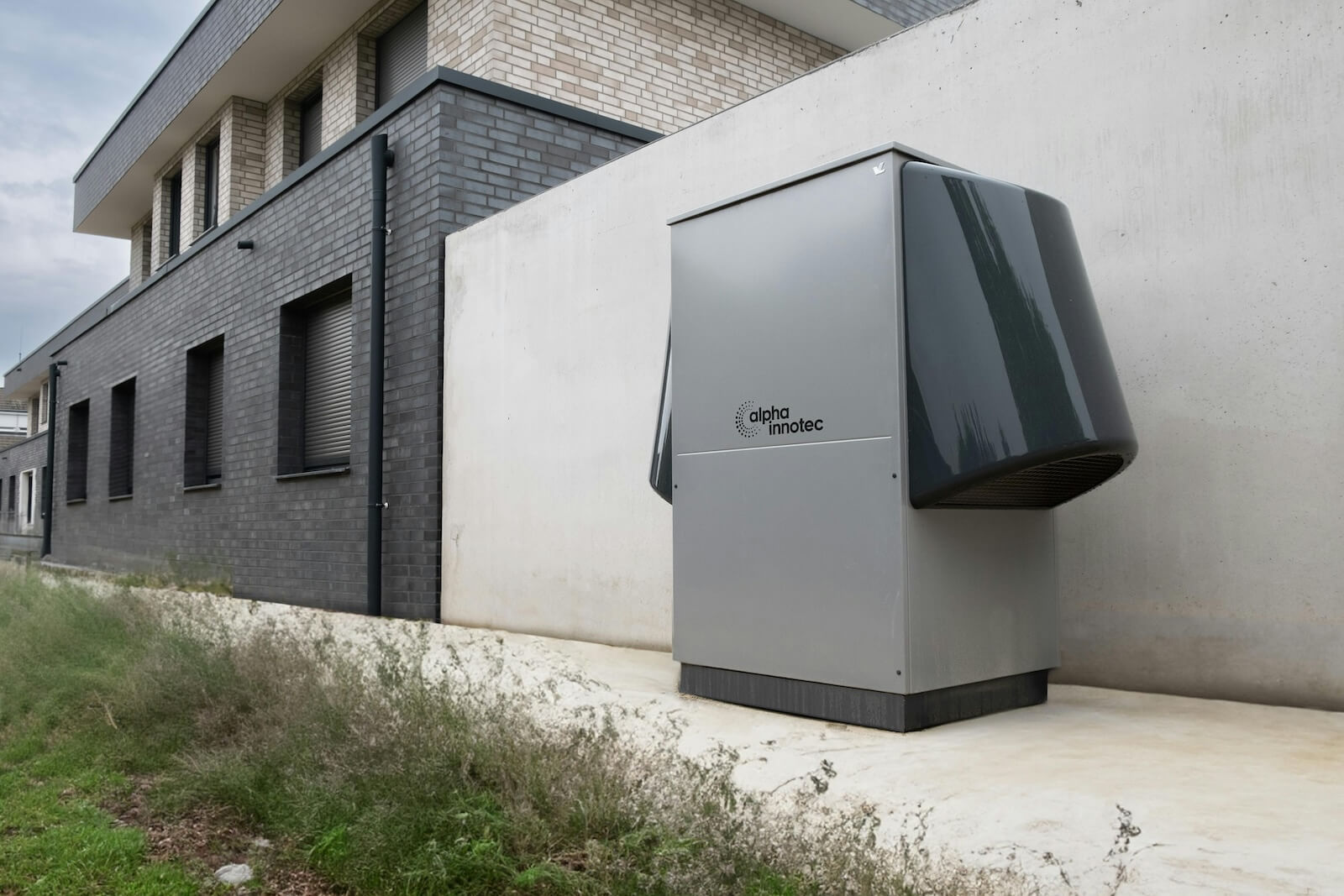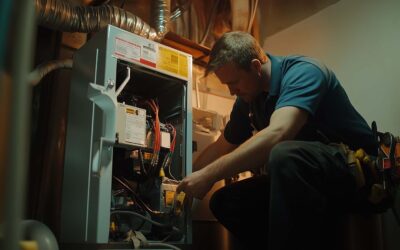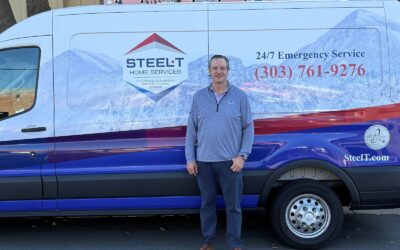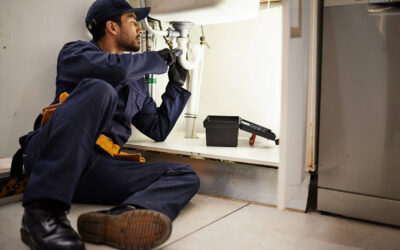When it comes to maintaining a comfortable home, choosing the right heating and cooling system is crucial. Two common terms that often come up in conversations about climate control are HVAC systems and heat pumps. While these systems share some similarities, they have distinct differences in function, design, and efficiency. Understanding these differences can help you make an informed decision about which system is best for your home.
What Is an HVAC System?
HVAC stands for Heating, Ventilation, and Air Conditioning. It’s a broad term that refers to any system used to heat, cool, and ventilate a space. An HVAC system typically consists of several components, including a furnace, air conditioner, ductwork, and sometimes a ventilation system like an air handler or heat recovery ventilator. However, some newer systems operate ductless.
Components of a Standard HVAC System:
- Furnace: Provides heating by burning fuel (natural gas, propane, or oil) or using electric resistance.
- Air Conditioner: Delivers cooling by extracting heat from indoor air and transferring it outside.
- Ductwork: Distributes conditioned air throughout the home. Ductless HVAC systems operate without ductwork and can save significant time and money by eschewing the need for extensive renovations and other building costs.
- Thermostat: Allows users to control the temperature settings.
- Ventilation System: Ensures proper air circulation and can include air purifiers and humidifiers.
How HVAC Systems Work:
- In the winter, the furnace generates heat, which is then distributed throughout the home via ductwork.
- In the summer, the air conditioner removes heat from indoor air and expels it outdoors, cooling the air inside the home.
What Is a Heat Pump?
A heat pump is a type of HVAC system, but it functions differently than traditional furnaces and air conditioners. Heat pumps are versatile units that can provide both heating and cooling using a single system. They work by transferring heat rather than generating it.
Types of Heat Pumps:
- Air-Source Heat Pumps: These units extract heat from the air outside your home and transfer it indoors for heating. In cooling mode, they reverse the process, removing heat from the inside and expelling it outdoors.
- Ground-Source (Geothermal) Heat Pumps: These systems draw heat from the ground or water sources, which have more stable temperatures, making them highly efficient.
- Ductless Mini-Split Heat Pumps: These are air-source heat pumps designed for homes without ductwork. They consist of an outdoor unit and one or more indoor units.
How Heat Pumps Work:
- In heating mode, heat pumps use refrigerant to absorb heat from the outdoor air (or ground) and transfer it indoors.
- In cooling mode, the process is reversed, similar to how a standard air conditioner operates.
Key Differences Between HVAC Systems and Heat Pumps
1. Functionality
- HVAC System: A traditional HVAC system typically includes a furnace for heating and an air conditioner for cooling. Each component serves a specific purpose and operates independently.
- Heat Pump: A heat pump combines heating and cooling capabilities in one unit, making it a versatile solution for year-round climate control.
2. Energy Efficiency
- HVAC System: While modern HVAC systems are designed to be energy-efficient, they generally consume more energy than heat pumps because furnaces generate heat by burning fuel or using electric resistance.
- Heat Pump: Heat pumps are highly energy-efficient, especially in moderate climates. They transfer heat rather than generate it, which requires less energy. According to the U.S. Department of Energy, air-source heat pumps can deliver up to three times more energy than they consume.
3. Climate Suitability
- HVAC System: Ideal for regions with extreme cold, where a furnace can provide reliable heat even during subzero temperatures.
- Heat Pump: Best suited for moderate climates where winters are not excessively harsh. However, advancements in heat pump technology, such as cold-climate heat pumps, have made them viable options for colder regions.
4. Installation and Cost
- HVAC System: Installing a traditional HVAC system can be more expensive because it often involves multiple components (furnace, air conditioner, ductwork).
- Heat Pump: The upfront cost of a heat pump can be lower since it combines heating and cooling in one system. However, as this is a newer technology, finding qualified heat pump technicians can be more difficult. This statement also factors in rebates that can be taken advantage of. Without said rebates, a heat pump’s all-electric system can prove to be of a higher maintenance cost.
5. Environmental Impact
- HVAC System: Furnaces that burn fossil fuels contribute to greenhouse gas emissions. Even electric furnaces and air conditioners consume significant energy, which can have an environmental impact depending on the energy source.
- Heat Pump: Heat pumps are more environmentally friendly because they use less energy and don’t rely on fossil fuels. They’re an excellent option for reducing your carbon footprint.
6. Maintenance
- HVAC System: Maintenance for traditional HVAC systems involves servicing both the furnace and air conditioner separately. This includes tasks like filter changes, duct cleaning, and annual tune-ups.
- Heat Pump: Heat pumps require regular maintenance, including filter changes and coil cleaning, but since they are a single system, the overall maintenance can be simpler.
Advantages of HVAC Systems
- Reliable Heating in Cold Climates: Furnaces in HVAC systems can provide consistent and reliable heat, even in extreme cold.
- Customizable Components: Homeowners can mix and match high-efficiency furnaces and air conditioners to suit their specific needs.
- Wide Availability: HVAC systems are widely used and readily available, with a large pool of technicians for maintenance and repairs.
Advantages of Heat Pumps
- Energy Efficiency: Heat pumps offer significant energy savings, especially in moderate climates.
- Year-Round Comfort: With both heating and cooling capabilities, heat pumps provide a convenient all-in-one solution.
- Environmentally Friendly: Heat pumps reduce carbon emissions and support sustainable energy goals.
Choosing the Right System for Your Home
Deciding between an HVAC system and a heat pump depends on several factors, including your climate, energy efficiency goals, and budget. Here are some tips to help you choose:
- Climate Considerations: If you live in a region with mild winters, a heat pump could be the more efficient choice. For colder climates, consider a dual-fuel system that pairs a heat pump with a furnace for optimal efficiency and comfort.
- Energy Goals: If reducing energy consumption and lowering your carbon footprint are priorities, a heat pump is the better option.
- Budget: Consider both upfront installation costs and long-term operating expenses. While heat pumps can save money on energy bills, the initial cost might be higher for certain models like geothermal systems.
Making the Right Choice for Your Home’s Comfort and Efficiency
Understanding the differences between HVAC systems and heat pumps can help you make an informed decision about the best heating and cooling solution for your home. HVAC systems are ideal for those seeking powerful and reliable heating in colder climates, while heat pumps offer a versatile and energy-efficient alternative for year-round comfort.At Steel T Home Services, we specialize in helping homeowners choose and install the right system for their unique needs. Whether you’re considering a traditional HVAC system or a modern heat pump, our team of experts is here to provide professional guidance and top-notch installation services. Contact us today to learn more and schedule a consultation!
Steel T Home Services is Denver's choice for HVAC, plumbing & electrical needs. With over 40 years of experience in serving our valued customers’ needs, Steel T is committed to providing unparalleled comfort to your home.



